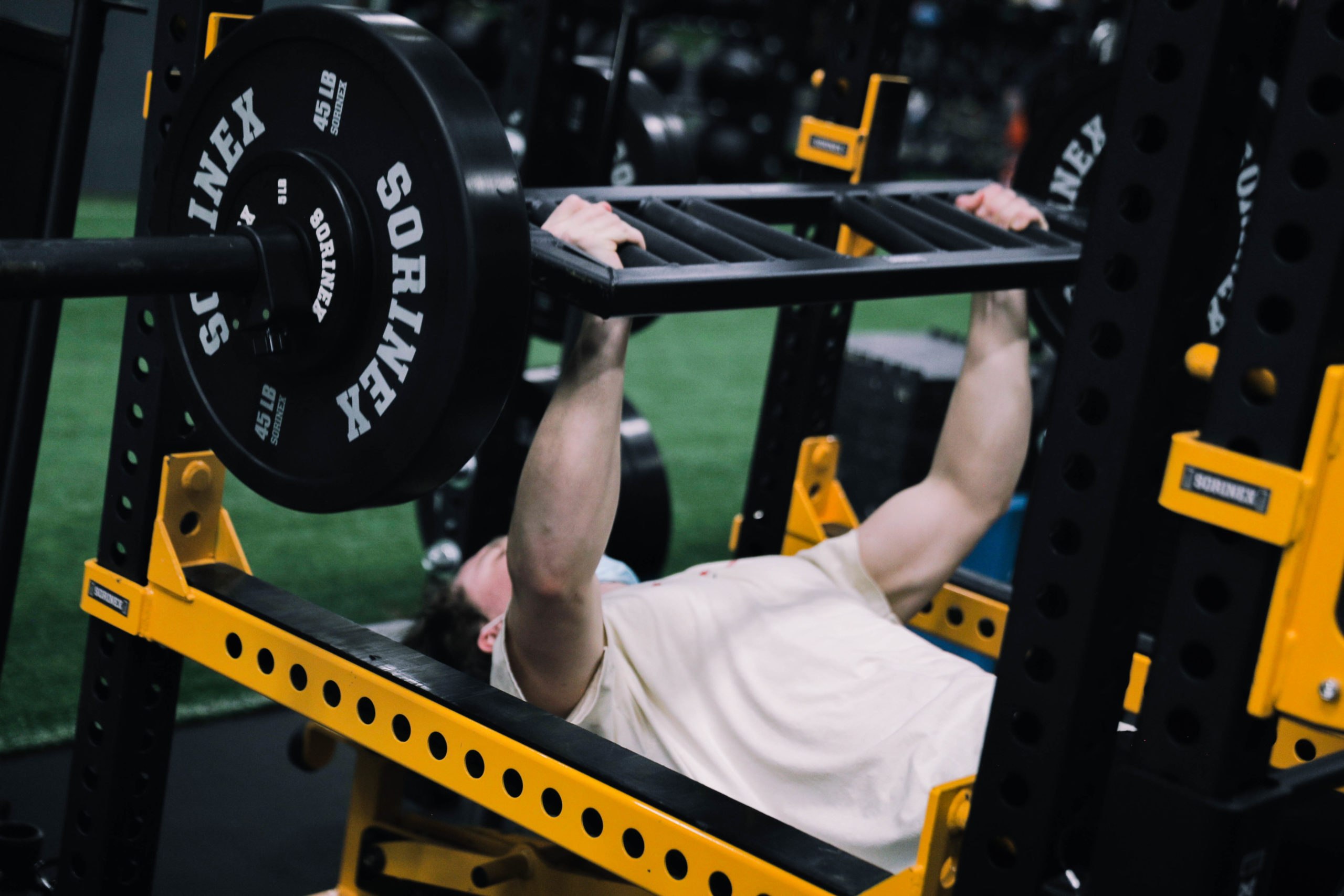Sleep Environment and Hygiene: A Deeper Dive

Last time on our Basics of Recovery blog, we detailed the effects of sleep, nutrition, stress management, and active recovery on athletic performance. If you haven’t checked it out yet, it provides foundational information on the importance of sleep and lays the groundwork for this blog’s topic: sleep environment and hygiene.
Sleep environment is the physical space where sleeping occurs and sleep hygiene refers to sleep-centered habits that can improve sleep quantity, sleep quality, and latency (how long it takes to fall asleep). To improve sleep and enhance performance, it is essential to optimize both of these.
Sleep Environment
To get quality sleep, it is important to create a sleep environment conducive to recovery. First, the bedroom must be as dark as possible. Research suggests that light experienced even through closed eyelids can suppress the brain’s production of melatonin, the hormone that regulates the sleep-wake cycle known as the circadian rhythm. If possible, hanging blackout curtains over windows can greatly reduce ambient light in the sleeping environment. If hanging curtains is not possible, wearing a sleep mask is also a viable option.
Room Temperature
It’s important to consider the temperature of the room for optimizing your sleep environment. It is recommended to keep the bedroom slightly cooler than room temperature, using bedding such as blankets to maintain body heat. If ideal is not possible, it is better to err on the cooler side, as higher temperatures cause increased wakefulness and decreased Rapid Eye Movement (REM) and Slow Wave Sleep (SWS) cycle times. For more information on sleep cycles, check out this Sleep Foundation Article.
Noise Reduction
Another important aspect of a quality sleep environment is noise. Noise from roommates, outside transportation and other factors can significantly decrease the amount of REM and SWS sleep cycle times. Soundproofing your room or wearing a pair of comfortable earplugs to bed can help reduce the amount of ambient noise in your sleep environment and help you get more quality sleep.
Lastly, keeping your sleeping environment clean and fresh-smelling, especially when it comes to your bedding, can help prevent buildup of dust mites and other issues that may reduce air quality and prevent quality sleep. It is recommended to wash bedding such as pillowcases and sheets once per week.
Sleep Hygiene
Improving nutrition and substance intake before bed can also improve sleep quality. Limiting alcohol consumption both chronically and acutely is important for getting quality sleep and recovering from training.
Limit Alcohol Consumption
A study on acute alcohol use and sleep using Heart Rate Variability (HRV), a commonly-used metric to measure the balance of the autonomic nervous system between sympathetic and parasympathetic states, found:
- “Low amounts of alcohol (fewer than two servings per day for men or one serving per day for women) decreased sleep quality by 9.3%.
- Moderate amounts of alcohol (two servings per day for men or one serving per day for women) decreased sleep quality by 24%.
- High amounts of alcohol (more than two servings per day for men or [more than] one serving per day for women) decreased sleep quality by 39.2%.”
It has also been proven that alcohol consumption depresses both REM and SWS sleep cycle times, lowering overall sleep quality.
Caffeine Use
It is also important to limit the use of caffeine to at least 6 hours before bedtime, due to the well-researched sleep-disrupting effects of caffeine and other stimulants. As far as supplementing to improve sleep, supplementing with magnesium is a very well-researched method of improving sleep quality and duration, as well as increasing melatonin production. Many of the members of the Driveline High Performance staff supplement with magnesium nightly.
Improve Your Nightly Routine
Lastly, improving your bedtime routine can also help optimize sleep. First and foremost, adhering to a sleep schedule can both increase sleep quality and reduce latency (how long it takes to fall asleep). Falling asleep and waking up at close to the same times every night will allow the circadian rhythm to efficiently regulate the sleep-wake cycle at the right times, allowing you to fall asleep faster and sleep better, as well as to wake up more refreshed. Additionally, refraining from activities such as watching television, scrolling through social media, playing video games and engaging with other media that will put you in a sympathetic nervous system state before bed is recommended.
Unfortunately, a significant percentage of the population uses media as a sleep aid, despite the fact that it is proven to lower quality of sleep. An easy way to reinforce this habit is to keep electronics out of the bedroom entirely, charging electronics in a separate room.
Blue Light Exposure
It is also important to limit exposure to blue light produced by screens in the hours before sleep. Studies show that two-hour exposures to blue light before bed suppress melatonin production in the brain. It is recommended to limit exposure to blue light at least three hours before bed. If using technology before bed is unavoidable, wearing blue light blocking glasses in the hours before bed is a very effective and affordable method.
References
- https://pubmed.ncbi.nlm.nih.gov/22564396/
- https://jphysiolanthropol.biomedcentral.com/articles/10.1186/1880-6805-31-14
- https://www.sciencedirect.com/science/article/pii/S1984006314000601?via%3Dihub
- https://www.sleepfoundation.org/bedding-information/how-often-should-you-wash-your-sheets
- https://www.ncbi.nlm.nih.gov/pmc/articles/PMC2775419/
- https://pubmed.ncbi.nlm.nih.gov/31403110/
- https://www.sleepfoundation.org/nutrition/alcohol-and-sleep#:~:text=Since%20alcohol%20is%20a%20sedative,and%20more%20of%20the%20former.
- https://jcsm.aasm.org/doi/10.5664/jcsm.3170
- https://www.ncbi.nlm.nih.gov/pmc/articles/PMC3703169/#:~:text=As%20compared%20to%20the%20placebo,in%20significant%20decrease%20of%20ISI
- https://www.healthline.com/health-news/its-not-just-for-kids-even-adults-appear-to-benefit-from-a-regular-bedtime
- https://pubmed.ncbi.nlm.nih.gov/25313639/
- https://pubmed.ncbi.nlm.nih.gov/30311830/
Comment section